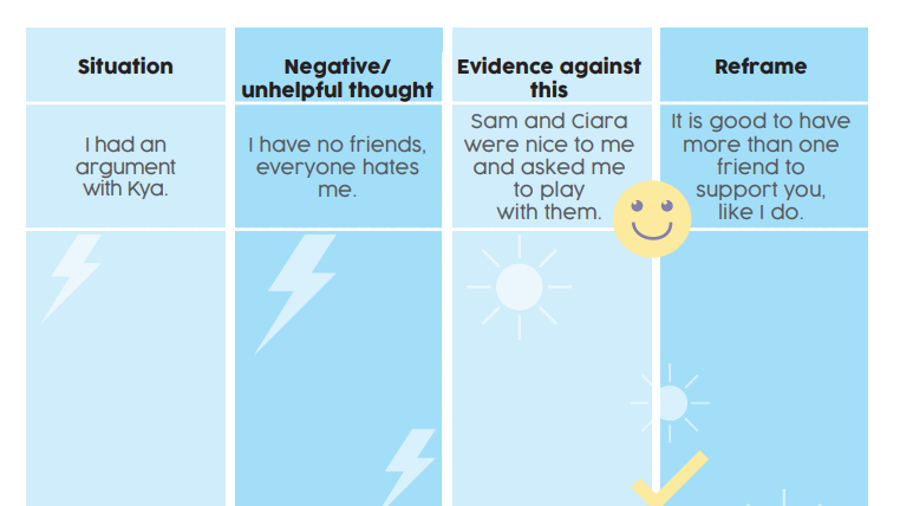Recovery and going through treatment is easy
False- it takes courage, dedication and effort to make a big change in your life
Concluding someone is reacting negatively to you without checking the facts.
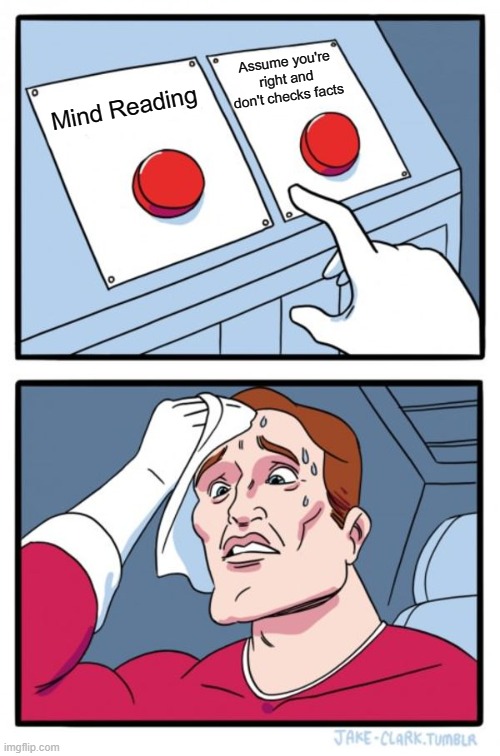
Seeing if a single bad thing happens, you see it as a never changing, never-ending pattern of defeat. If one thing is terrible, all of it is.
What is "Overgeneralization"
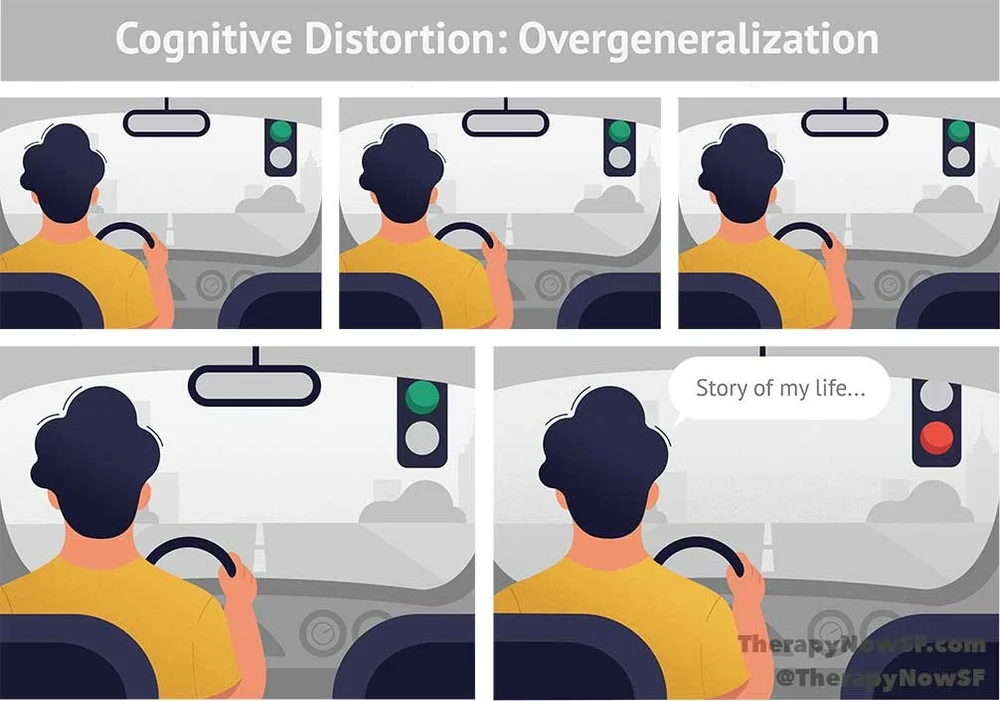
In DBT, this type of thinking is the "in between" of the logical mind and the emotional mind. This type of thinking is called....
THE WISE MIND :)

What is being free of any further drug or alcohol abuse called?
"Being Sober" or "Abstinence"
there are no withdrawal symptoms from alcohol
F- withdrawals from alcohol can range from emotional changes like depression, irritability, and anxiety; to physical symptoms such as cravings, nausea/ vomiting, brain swelling, and seizures.
:max_bytes(150000):strip_icc()/what-is-withdrawal-how-long-does-it-last-63036-Final-c41a8e50c2b54216b93f7d4a74a073bd.png)
You anticipate that things will turn out poorly and treat your assumption as fact.
ex: I know I'm going to mess up on my job interview if I go in today.
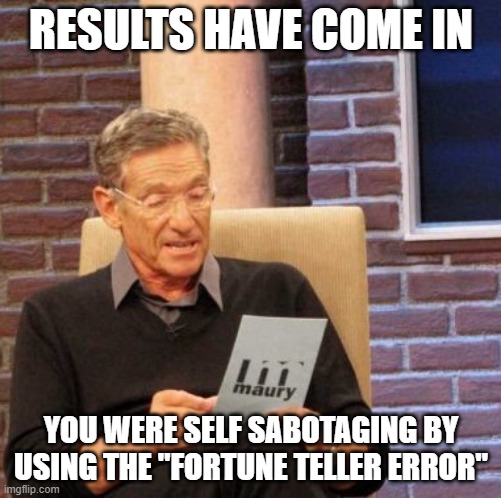
Share via your device
when we see things purely in 'black or white'. There aren't "shades of gray" . If your performance falls short of perfection, you see yourself as a complete failure.
What is "All or Nothing" thinking
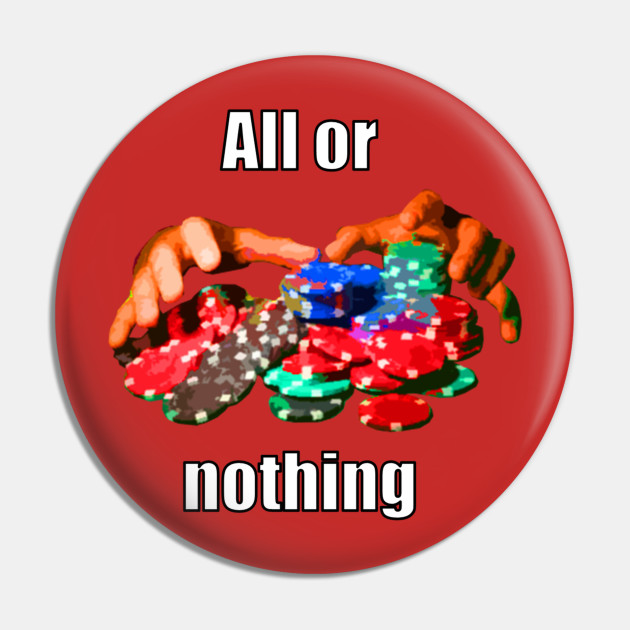
the deeply ingrained principles that guide all of a person's actions; this a part of self talk.
What is Core Values
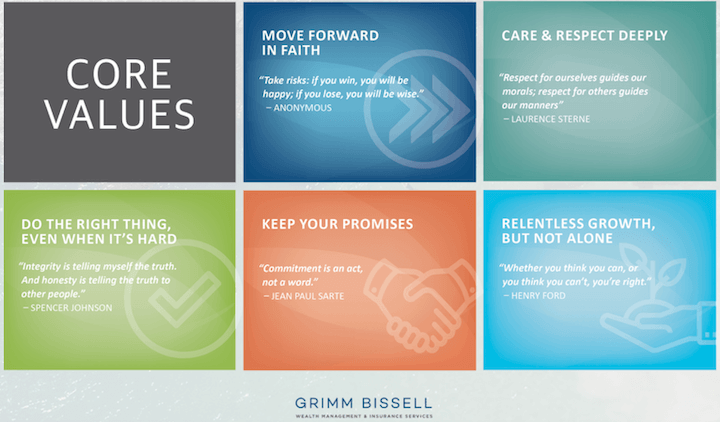
What is the abbreviation H.A.L.T. stand for? (it's a tool used to remind people of four of the most common stressors in recovery. While they may seem obvious, these basic needs can be easy to overlook and lead to relapse if they're not met. )
What is Hungry Angry Lonely and Tired
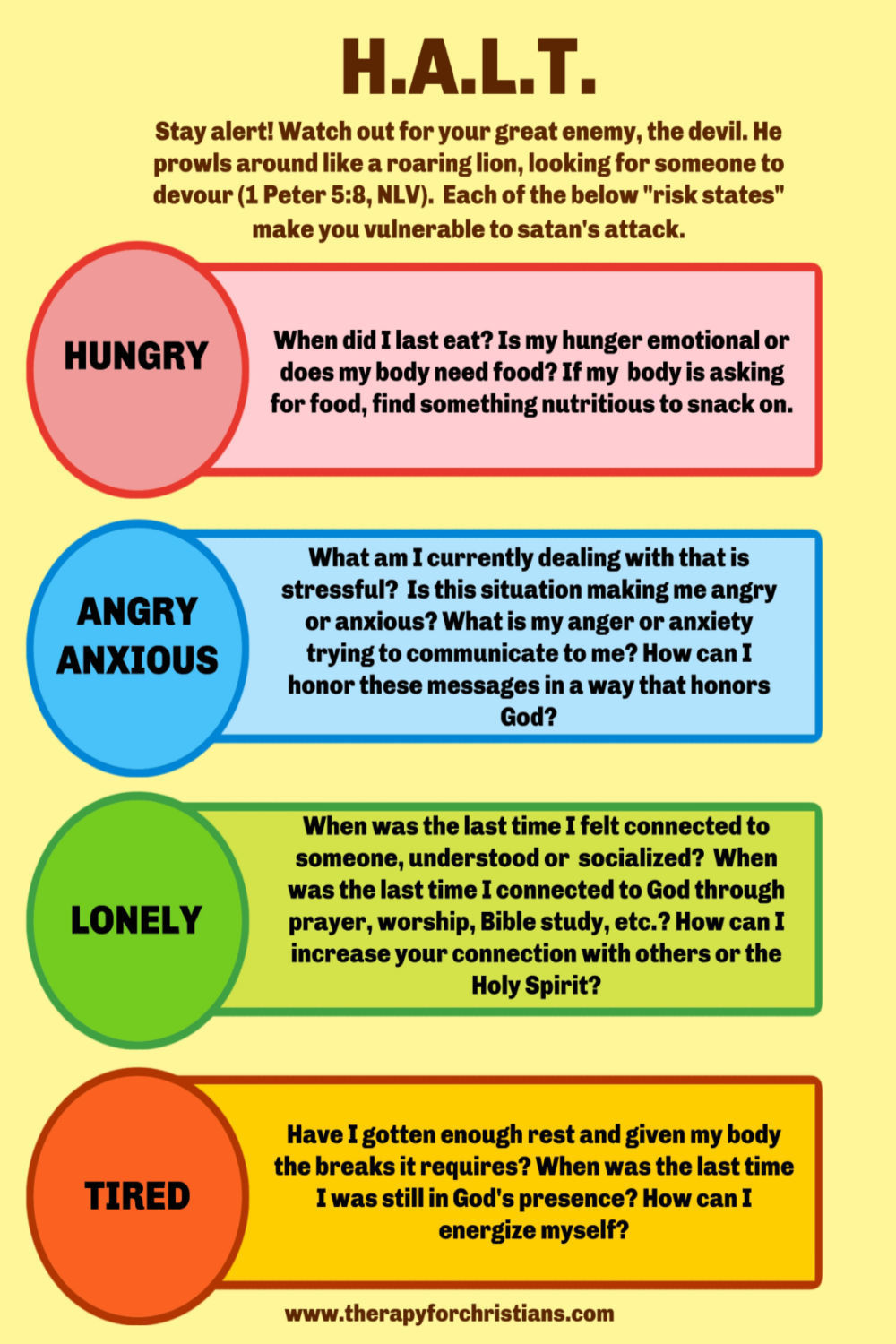
As of 2019, 14.5 million individuals ages 12 and old reported experiencing Substance Use Disorder (SUD), True or False?
False - Alc0hol Use Disorder 
Magnifying or shrinking importance of negative and positive things. The "Binocular trick"
What is "Magnification (Catastrophizing)" or "Minimization"

when we focus exclusively on the most negative part or details so much it darkens your entire vision of reality
What is "Mental filter"
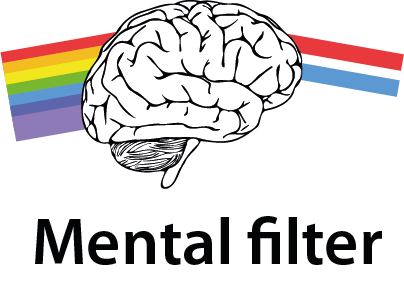
This internal voice refers to the way you address yourself. You may or may not be aware that you are communicating to yourself this way, but it is a combination of conscious thought, internal beliefs and biases. This is called....
What is Self Talk

what is the action of delaying, or postponing something, called?
What is Procrastination
.
Is Binge drinking considered 5 or more drinks per occasion?
True- Binge drinking (five or more drinks per occasion for men or four or more drinks per occasion for women) -- it is responsible for more than half the deaths and two-thirds of the years of potential life lost resulting from excessive alcohol use
Thinking that your feelings accurately reflect reality.
What is "Emotional Reasoning"
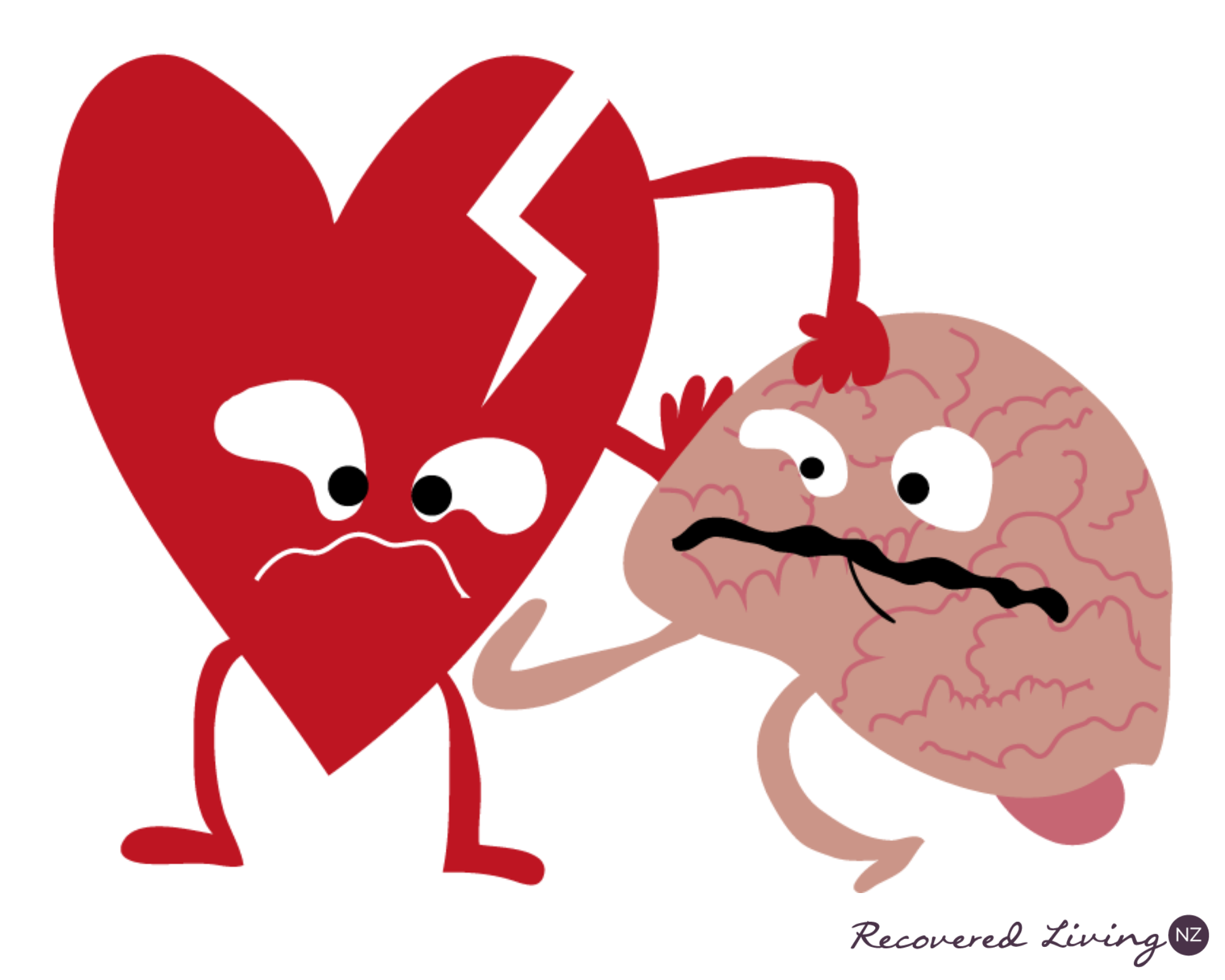
a negative interpretation or prediction even though there is no evidence to support their conclusion. This type of thinking is often made when thinking about how others feel towards us.
What is "Jumping to Conclusions"
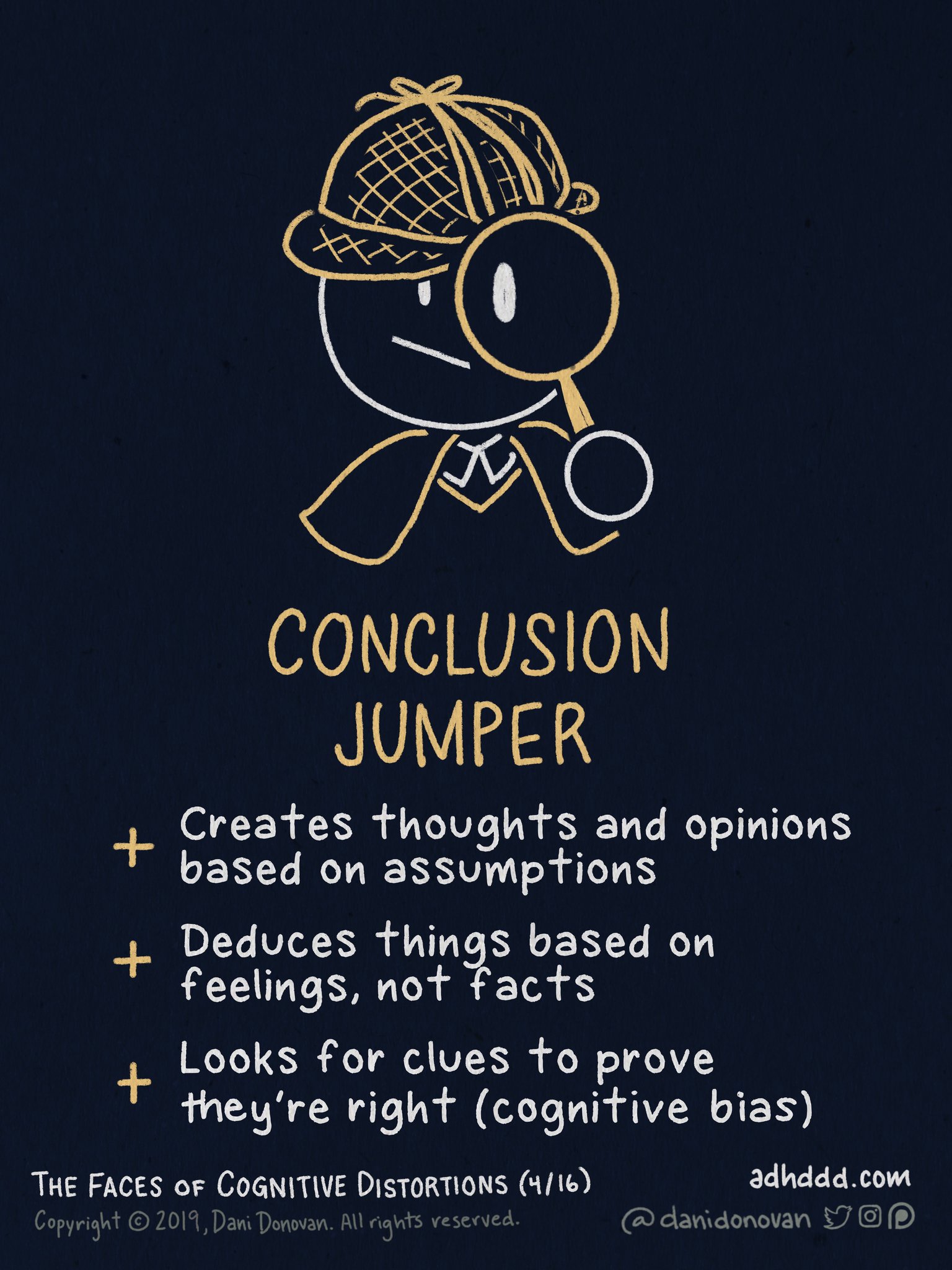
Name 2 ways to overcome Negative Self Talk

An action that involves maintaining a moment-by-moment awareness of our thoughts, feelings, bodily sensations, and surrounding environment.
What is Mindfulness?
:max_bytes(200000):strip_icc()/Difference-between-meditation-v-mindfulness-infographic-2-2-2000-435d3533b4bf4f96a60c37ede921a63b.jpg)
The U.S. is responsible for 80% of the global opiod use?
True- 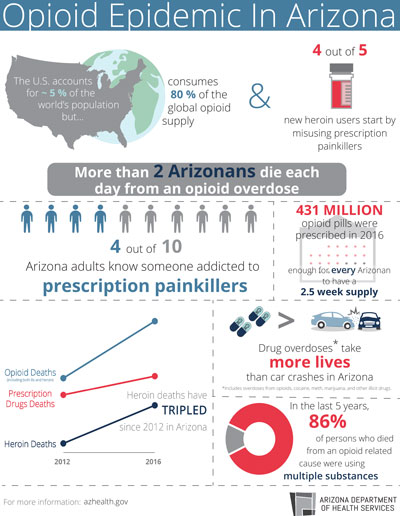
1. Finding yourself personally responsible for for a negative event even if you weren't personally involved.
2. This is the "Musts and Oughts" of cognitive distortion. When we use this toward ourselves it can appears as shame and guilt, toward other it presents as anger, resentment and frustration
What is "Personalization" and "Should" Statments
:) No meme here
1.To continually discount and dismiss the positive experiences we encounter, by deciding they are unimportant or 'don't count'. Rejecting positives you can maintain your negative beliefs.
2. Ignoring facts in favor of your negative interpretations.
What is "Disqualifying the Positives" thinking
and
What is "Jumping to Conclusion"
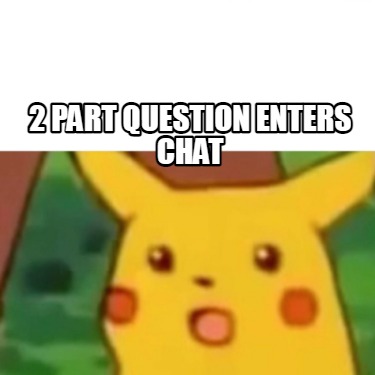
Name the difference between the Logical and the Emotional Mind

LOGICAL MIND
Logical Mind is logical, rational, and task-focused. Facts and reason are the foundation of Reasonable Mind, emotions and values do not live here. When in logical Mind you are able to plan and evaluate things pragmatically and engage in such behaviors like creating a budget, or building a house. This is helpful as it allows you to learn and synthesize information to complete tasks and helps in your ability to call forth said information when needed. Although the Logical mind is Helpful, it can become a problem to solely be in Reasonable Mind because it does not account for emotions, needs, or desires. It can feel cold and almost robotic to be in Reasonable Mind.
Emotion Mind
Emotion Mind is reactive, mood-dependent, and emotion-focused. When in Emotion Mind you are likely to act impulsively based on intense feelings and a strong sense of urgency and engage in such behaviors like using drugs or saying something hurtful to someone you love. Your mood dictates your actions, logical and reasonable thinking are hard to engage in while in Emotion Mind. Experiencing intense emotions allows for passion, intense love, and an ability for a person to strongly connect to various interests. On the flip side, it can make a person feel out of control, flooded by their emotions (anger, anxiety), have a lack of energy (sadness, hopelessness), and create a failure to look at a situation clearly
To think of a negative thought, belief or pattern in a new or positive way.
What is Reframing
